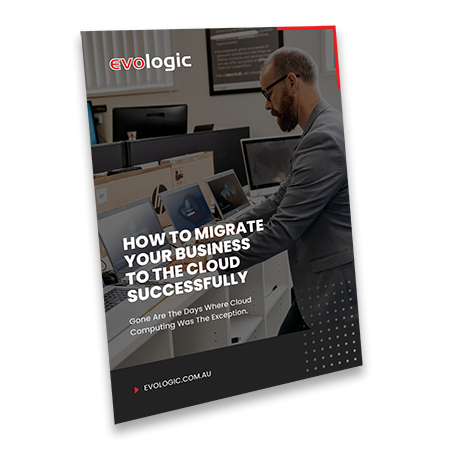Over a decade since its launch, cloud computing it is now embedded in the business psyche, so business leaders are no longer asking “why cloud”, but now “why not cloud?” – and rightfully so.
Cloud computing has been a great ‘leveler’, allowing businesses of any size to access the same world-class infrastructure as global giants, on a pay-for-what-you-use basis. This has given small businesses the opportunity to be agile and flexible to changing demands, as well as the ability to reduce capacity efficiently and avoid sunk costs.
Listing the benefits of cloud computing might make it seem like a no-brainer, however the cloud might not be the answer for everyone. For those of you pondering a move to the cloud, here is what you should consider before making the next step:
1. Do you need it?
Highly likely. With the modern workplace becoming increasingly diverse and distant, the accessibility of business information at any time, from anywhere with cloud computing has become increasingly appealing. Not only that, but cloud has given businesses the flexibility to scale up or down incredibly efficiently.
Because of this, it is no longer advantageous to support your own severs and storage, in terms of both costs and capabilities. So naturally, the best time to make your move to the cloud is when your hardware needs it’s next refresh.
2. Where are you migrating to?
Migrating to the cloud means moving your server applications to ‘someone else’s computer’. Said person’s computer also happens to be more secure, better managed, possesses greater control and has access to far greater resources than anything your business could realistically afford. Because of this, odds are definitely in your favour that your applications are better off in a professional-grade data center.
3. Costs
The cost of hosting your own severs, and managing your own infrastructure is a burden on your businesses cheque book that we’re sure you wouldn’t mind passing on. With cloud computing, you can.
With their pay for only what you consume structure, and (normally) monthly billing periods, you now have control over your IT spend with the ability to scale up or down to suit your changing business needs.
4. Data security
With 2017 crowned ‘The Year of the Cyberattack’, this is actually most business leaders first concern… not 4th. However, despite not having your applications stored on premise, the cyber security defence measures implemented by the likes of Microsoft and Amazon Web Services is far greater than anything you could implement in house.
But don’t take our word for it, the world’s biggest corporations trust professional-grade data centers to host their applications – if it’s good enough for them, it’s good enough for us!
5. Who to ask for help
If you’ve got to this point, and you are still convinced a cloud migration is right for your business, the last question is most likely how to choose a cloud migration partner!
The good news is, you will have more options of a cloud migration partner than you care to count, the flip side is being able to weed out who is best suited to your business. Our advice? Look for local skills, support and a proven track record of delivery.
After all of this consideration, are you still prepared to take the next step towards migrating your business to the cloud? If so, learn our expert’s tips on how to prepare your business for a successful cloud migration with our complimentary ebook. Download your copy below.


